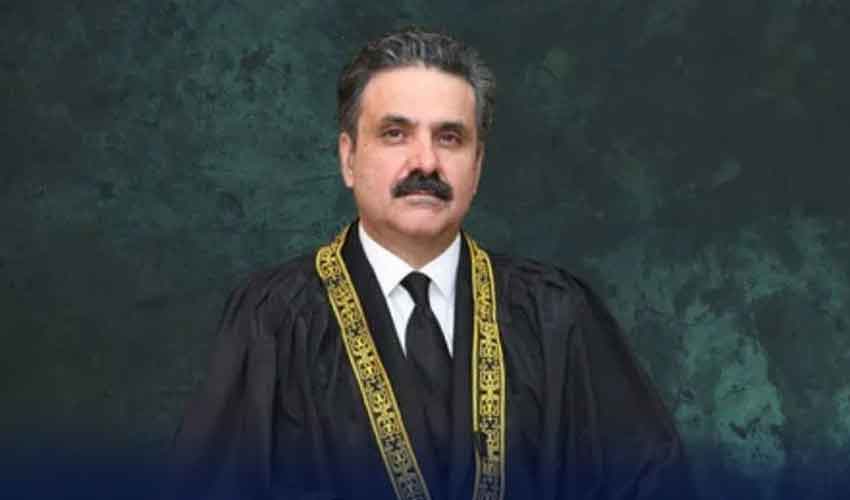The recent verdict by the Supreme Court on lifetime disqualification has witnessed a dissenting note from Justice Yahya Afridi, highlighting a difference of opinion with the majority decision of the bench.
In the context of the case concerning disqualification for life under Article 62 1F, the Supreme Court rendered a landmark judgment, nullifying the notion of lifelong disqualification. The court, with a majority ratio of 6 to 1, abolished the concept of permanent disqualification. However, Justice Yahya Afridi, one of the seven judges constituting the larger bench, expressed dissent from this majority decision.
In his dissenting note, Justice Yahya Afridi asserted that interpreting Article 62 (1)(F) in isolation from the Constitution itself is an act of altering the constitutional framework. He argued against the application of this article based solely on duties or social rights, emphasizing the need to consider it within the broader constitutional context.
Highlighting the significance of judicial discretion, Justice Yahya Afridi stressed that Article 62 1F cannot be construed independently from the Constitution. He pointed out that the current judgment by the Supreme Court seems to extend the period of disqualification beyond what is explicitly defined in the Constitution.
Addressing specific legal cases, he mentioned the Samiullah Baloch case, emphasizing that the disqualification under Section 232 of the Election Act for a period of five years was an appropriate legislative decision. He also underscored that this judgment does not endorse the idea of lifelong disqualification, emphasizing the correctness of the previous Supreme Court ruling in the Allah Balochwala case.
The dissenting note by Justice Yahya Afridi stands as a testament to the complexity and diverging opinions on the interpretation of Article 62 1F within the constitutional framework.



























